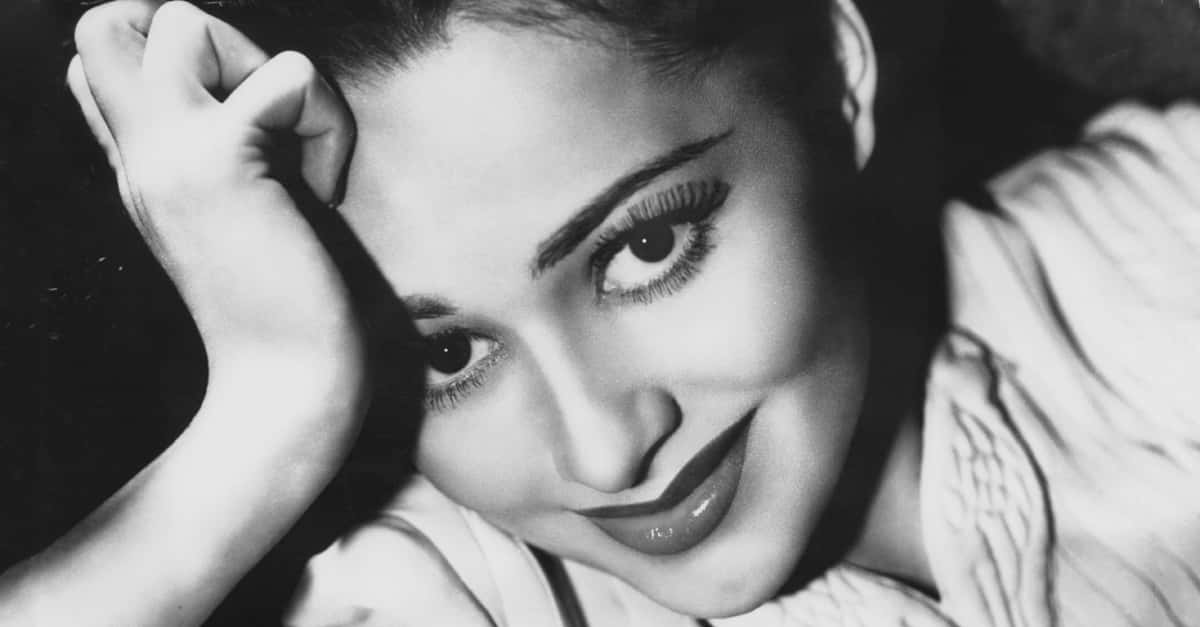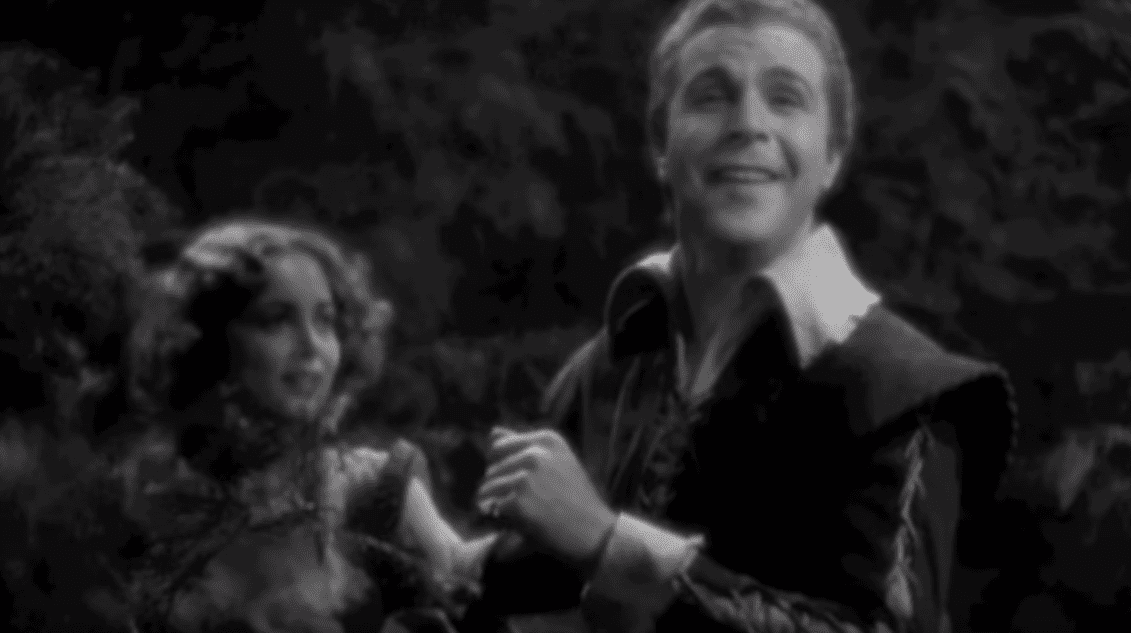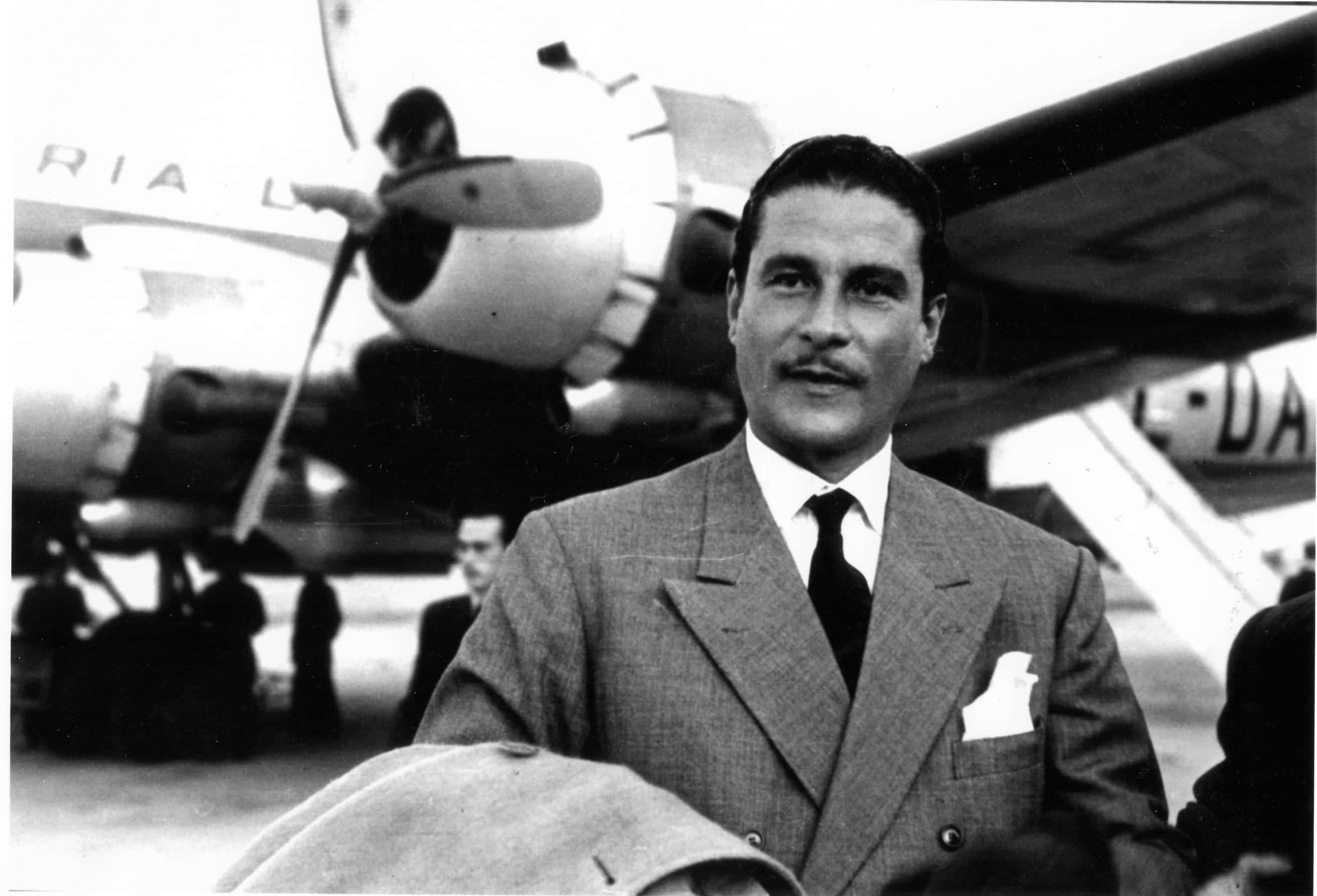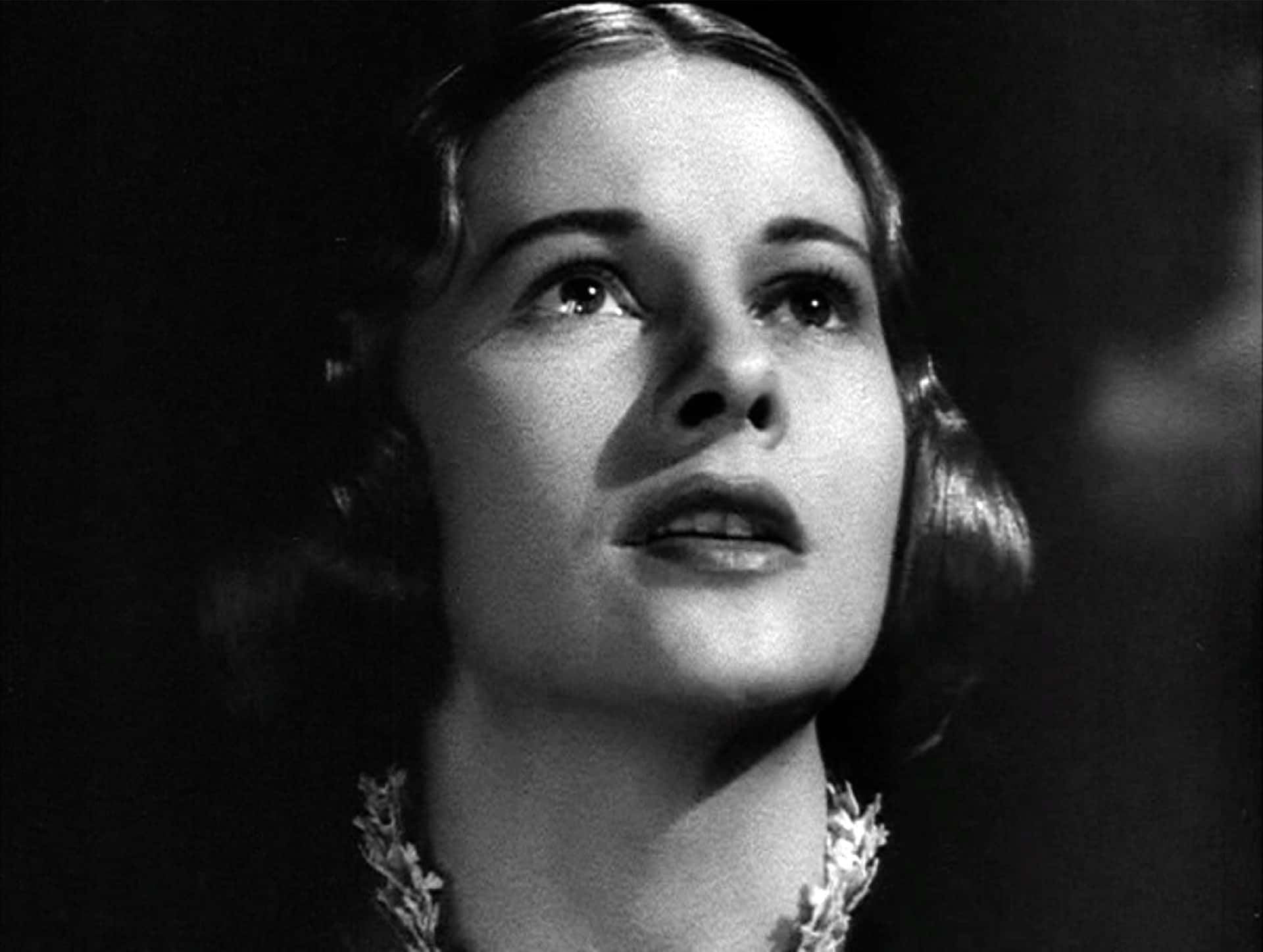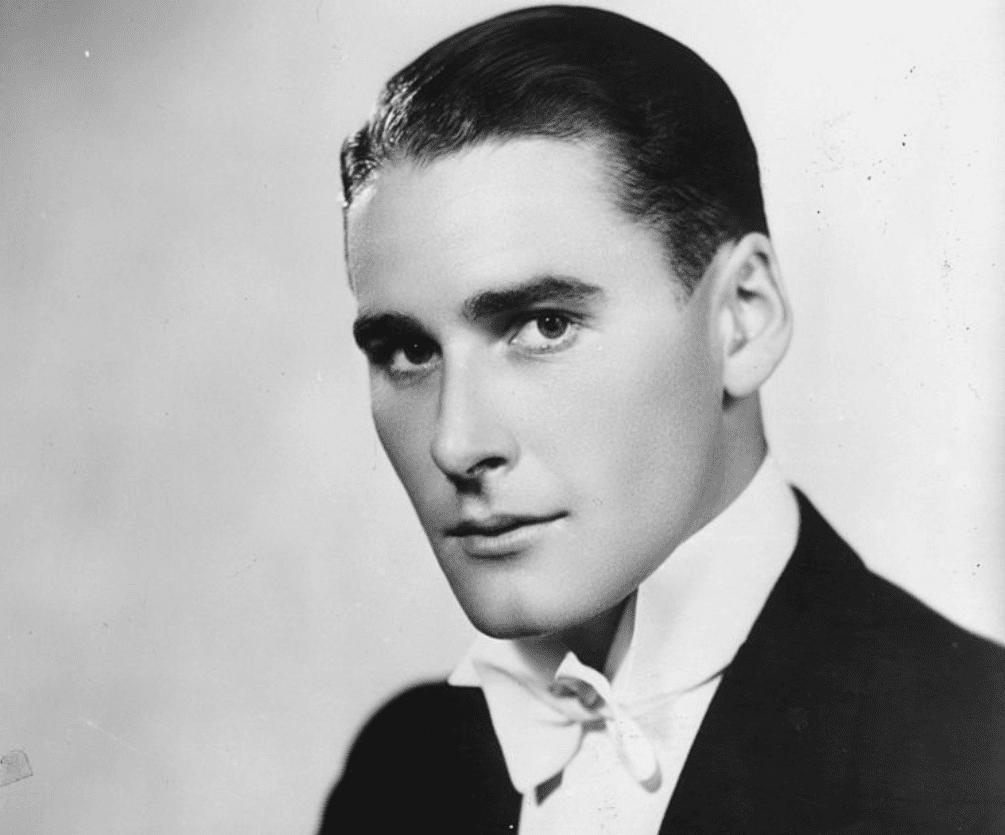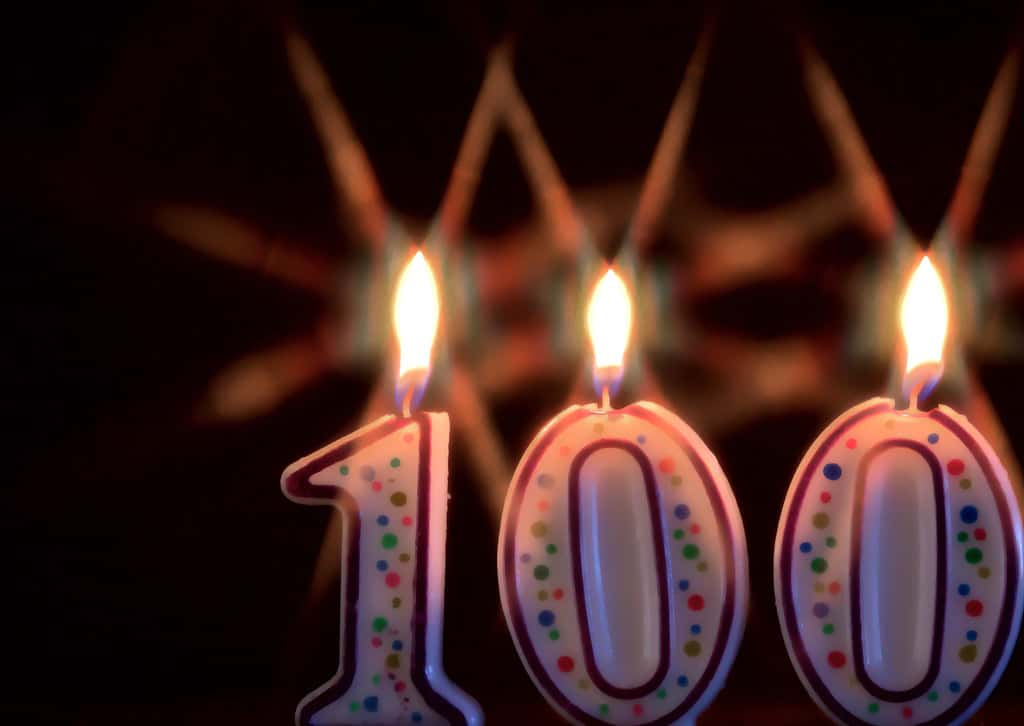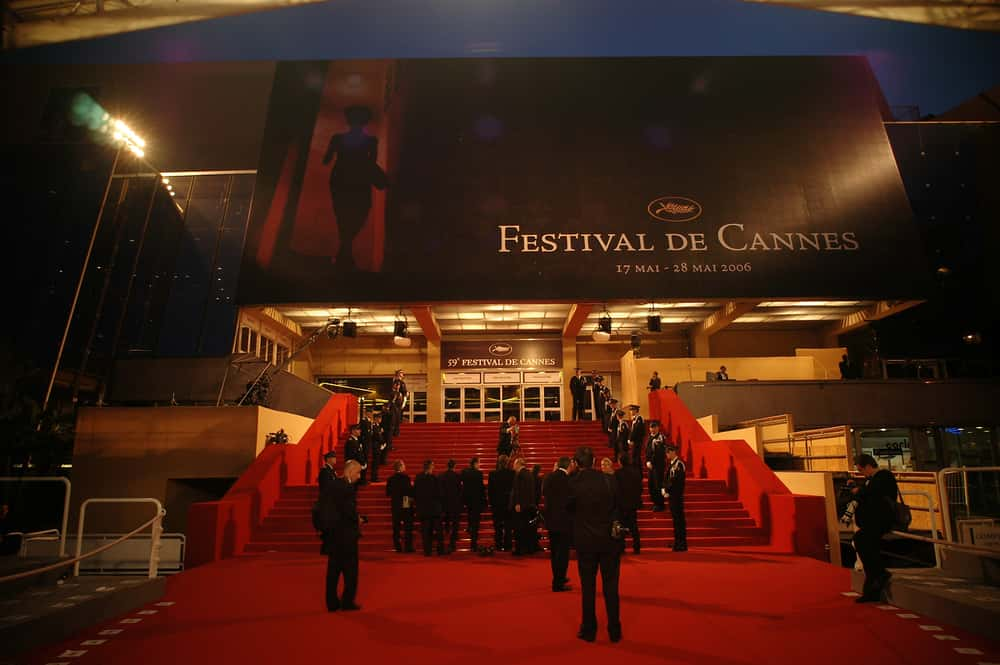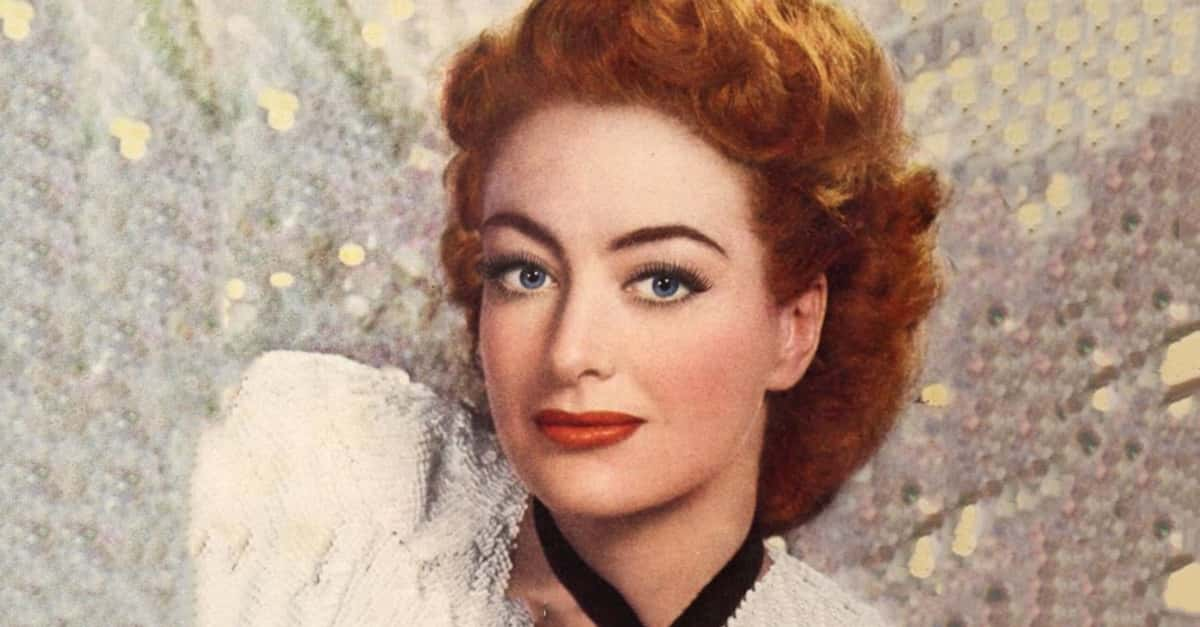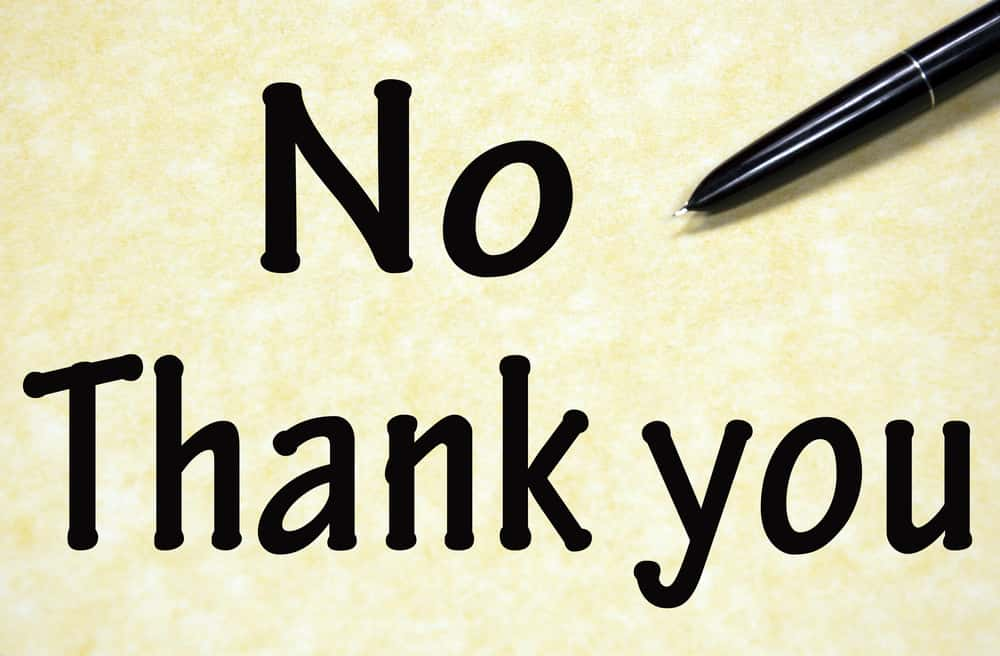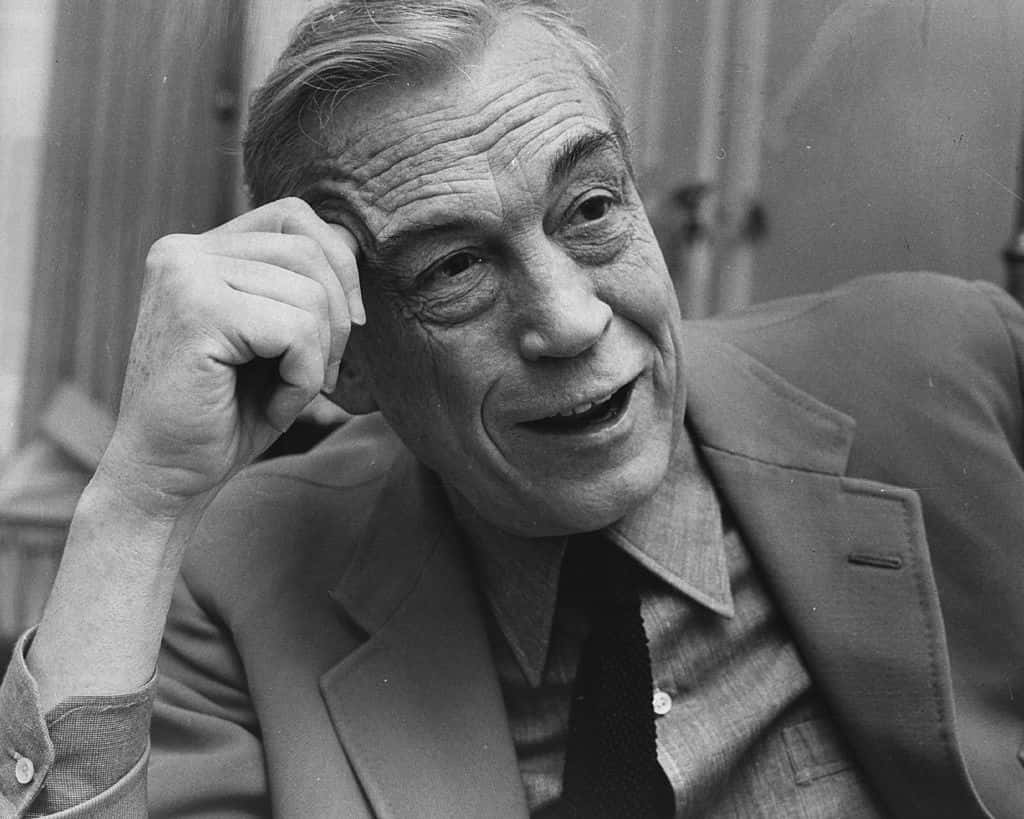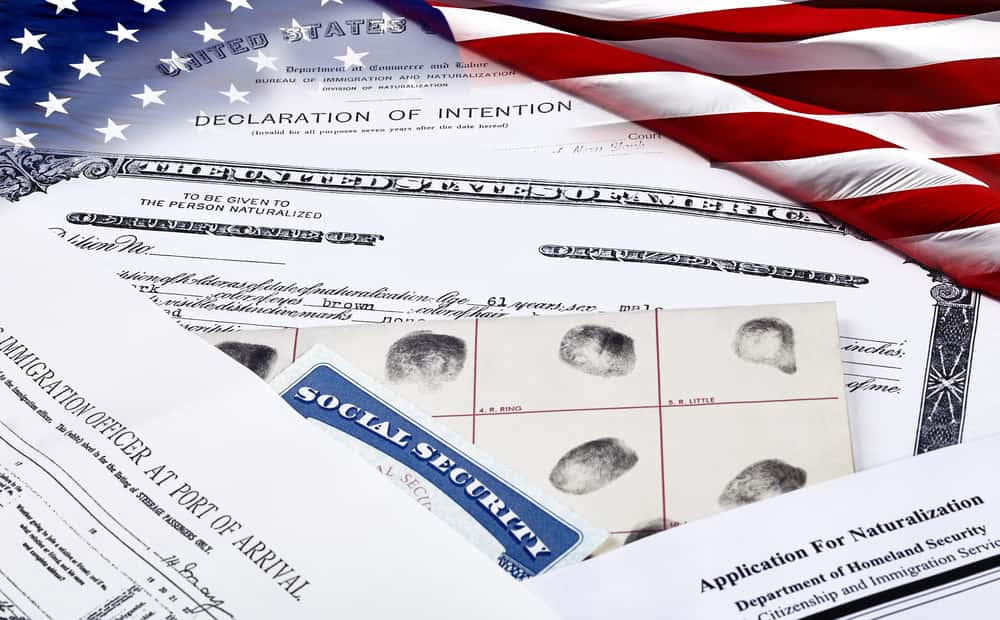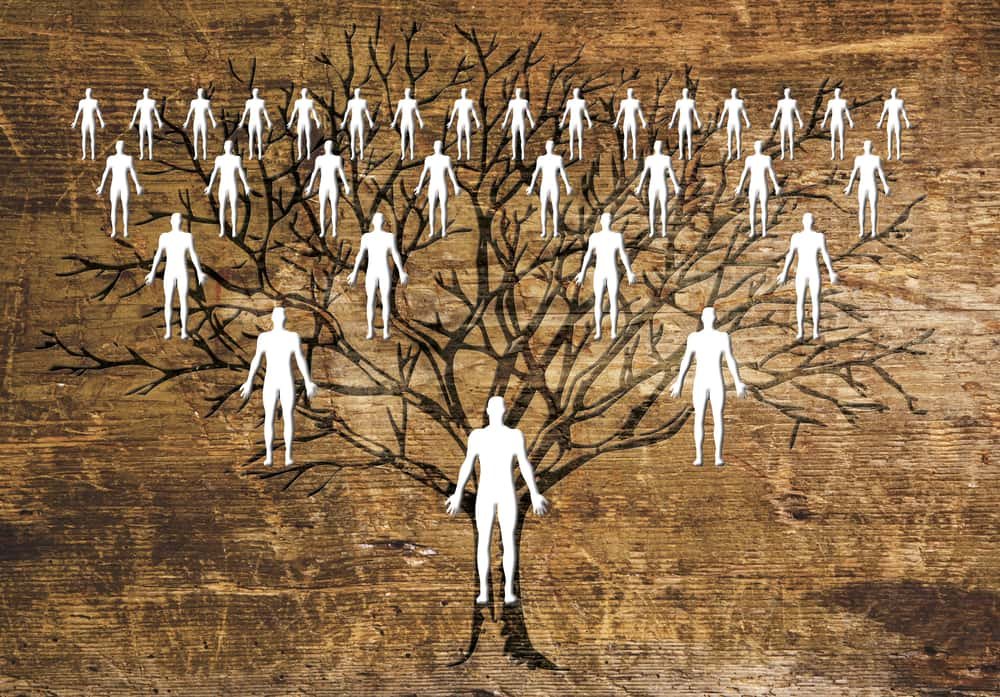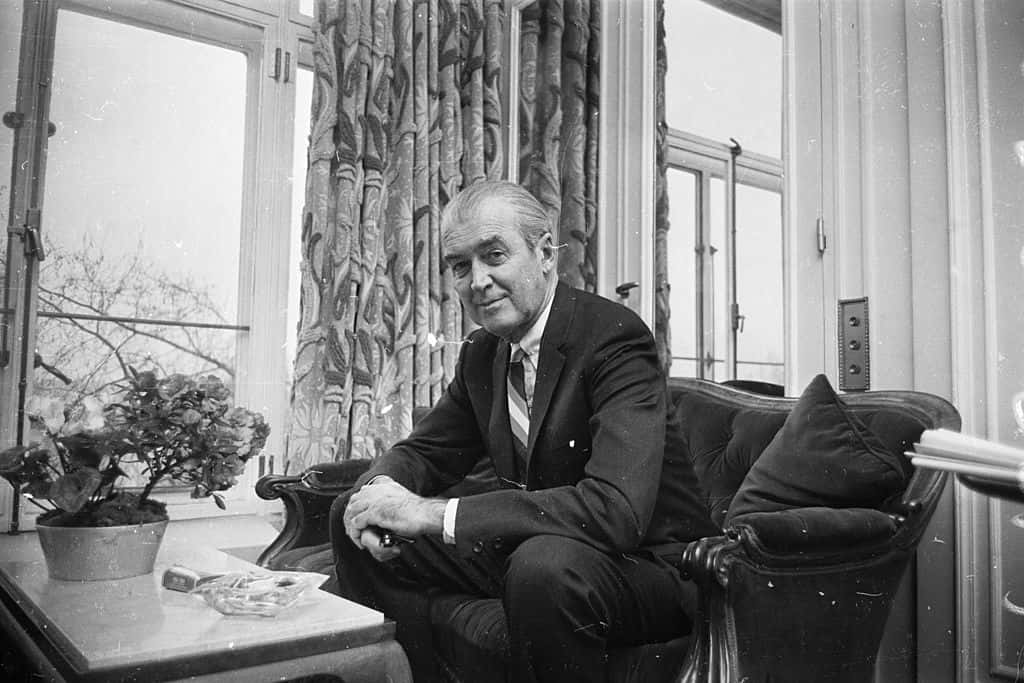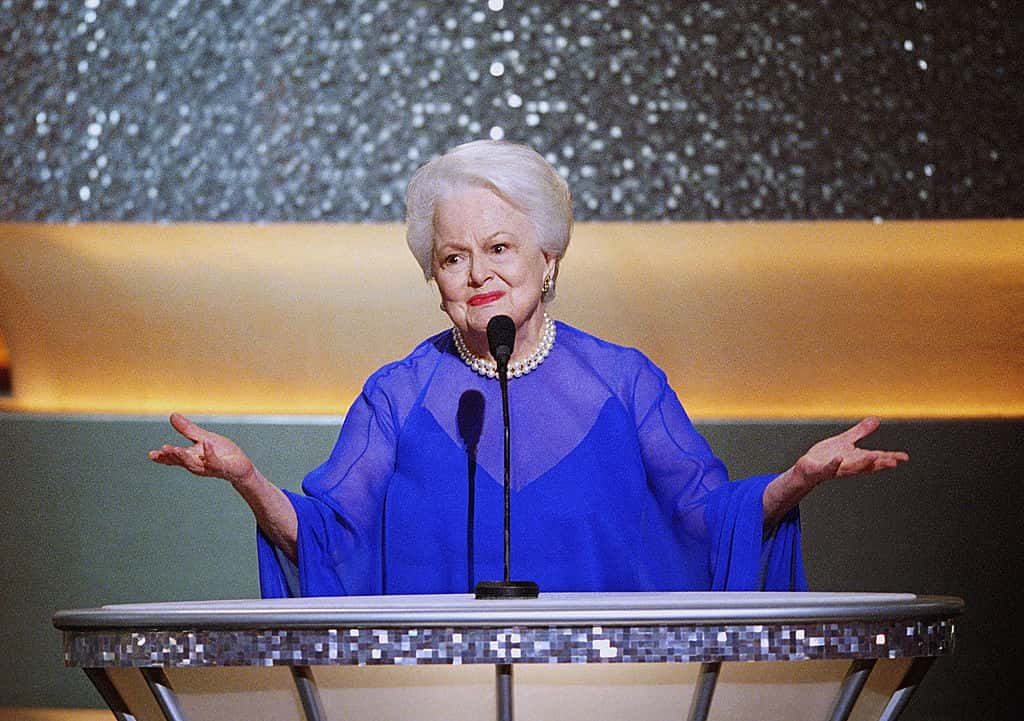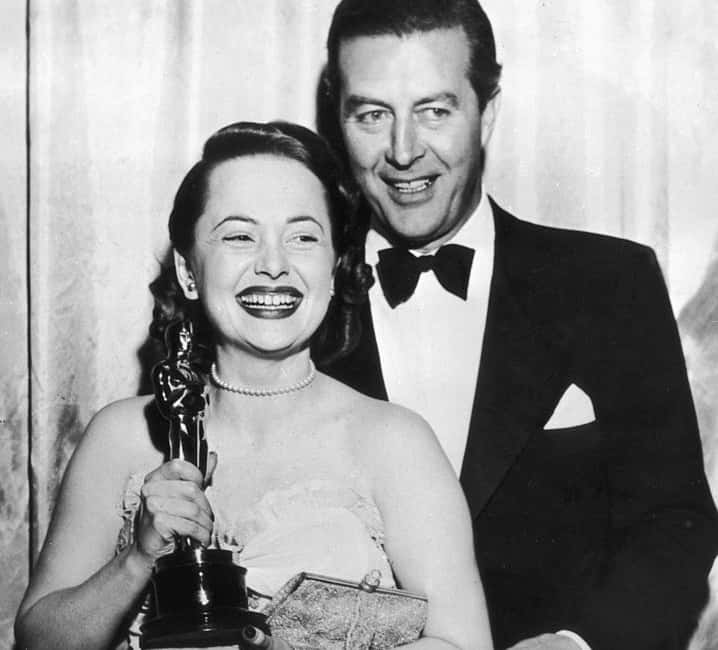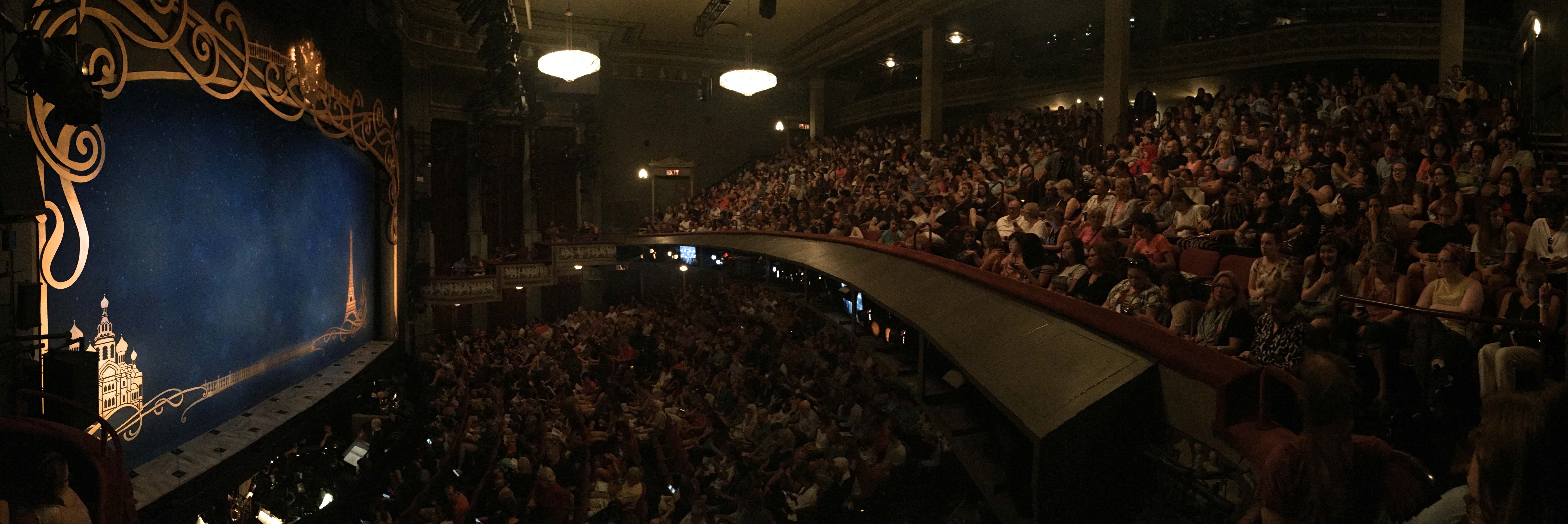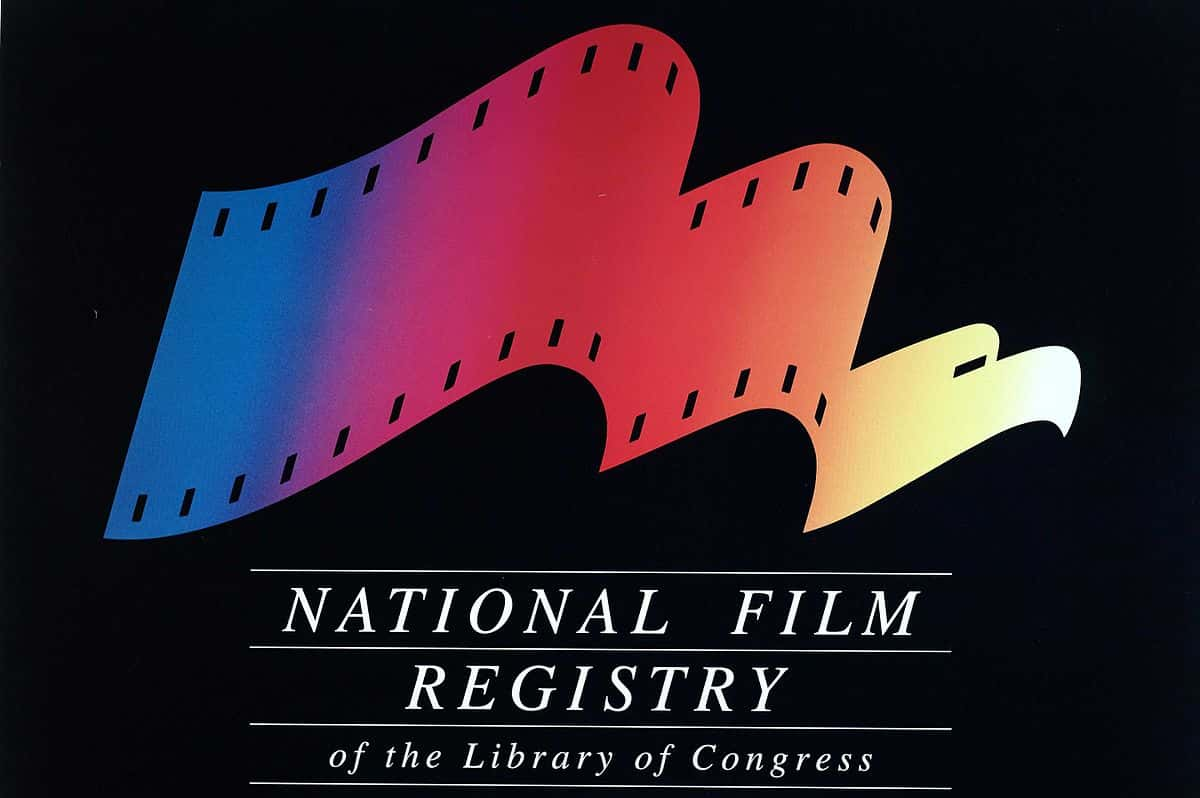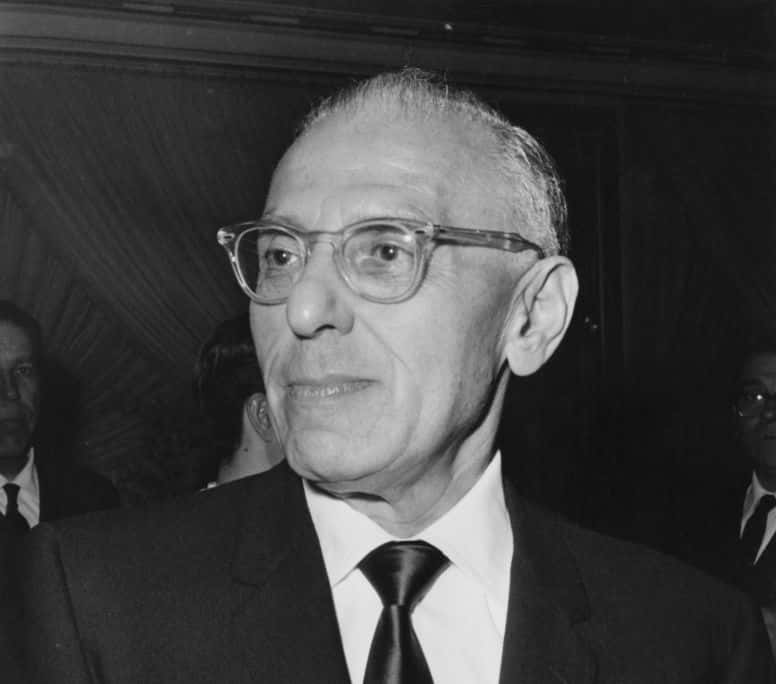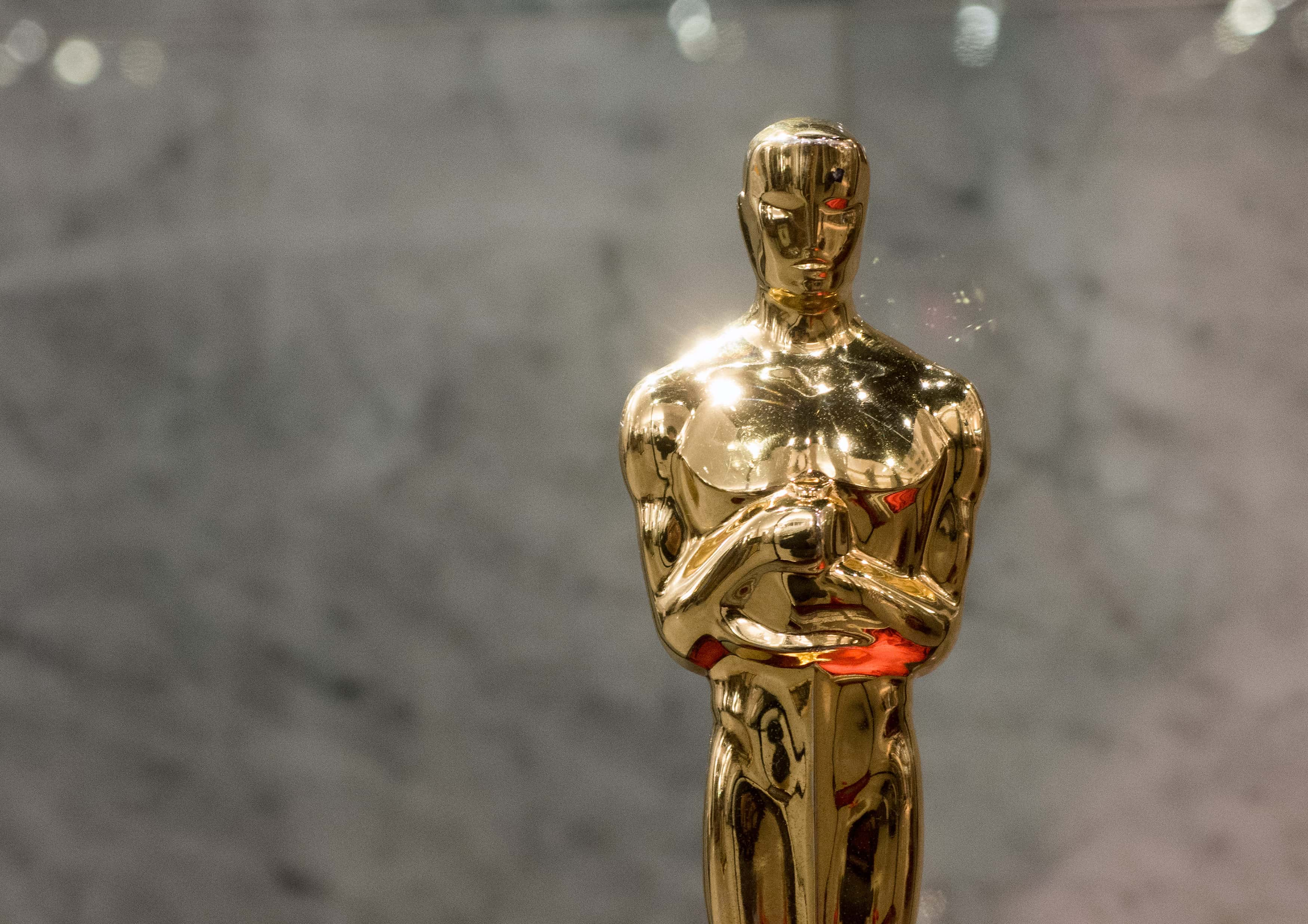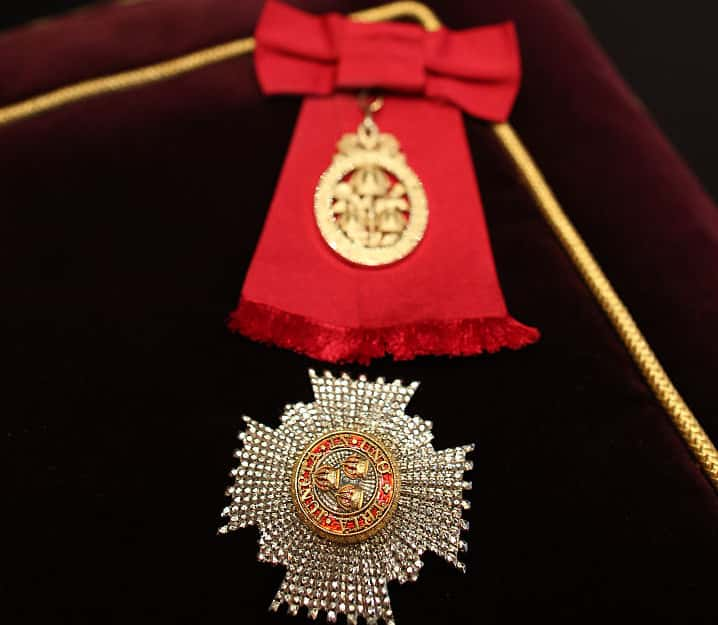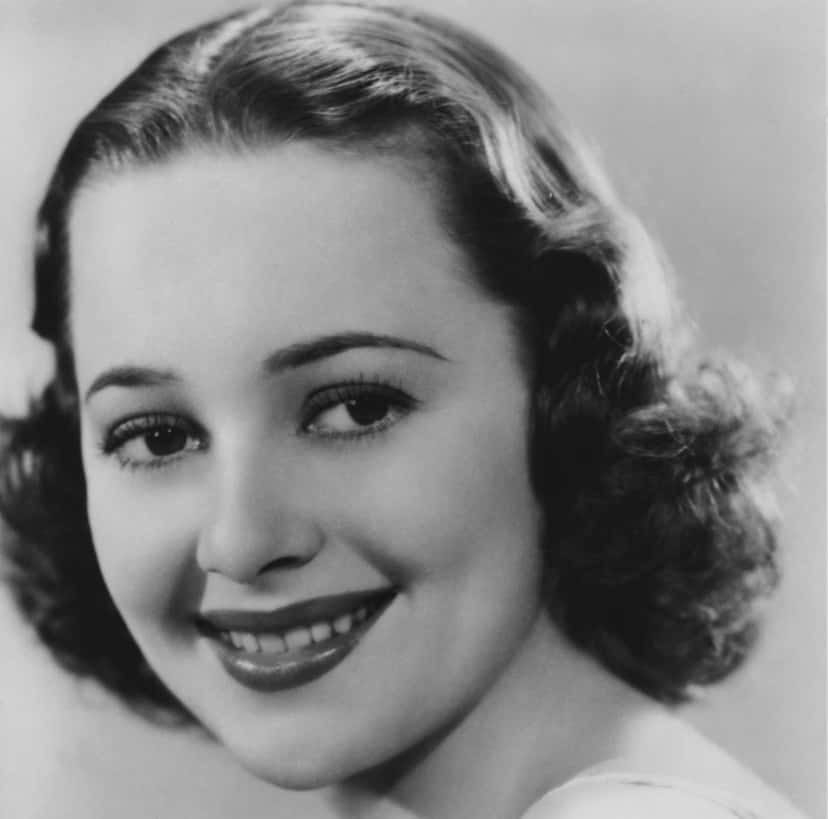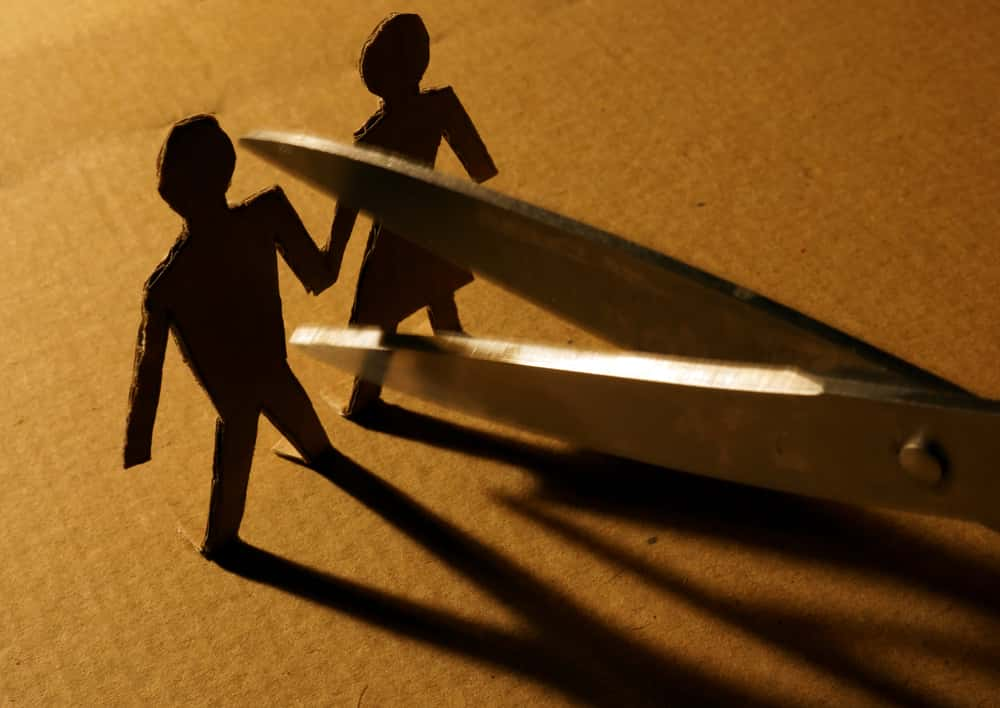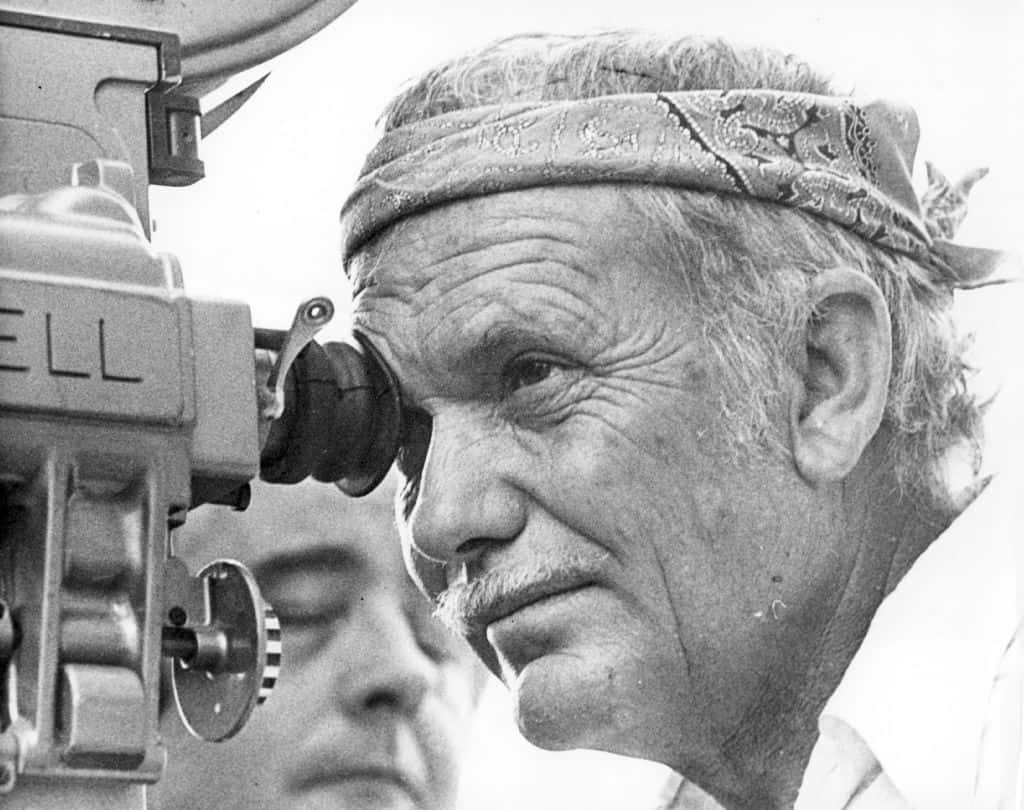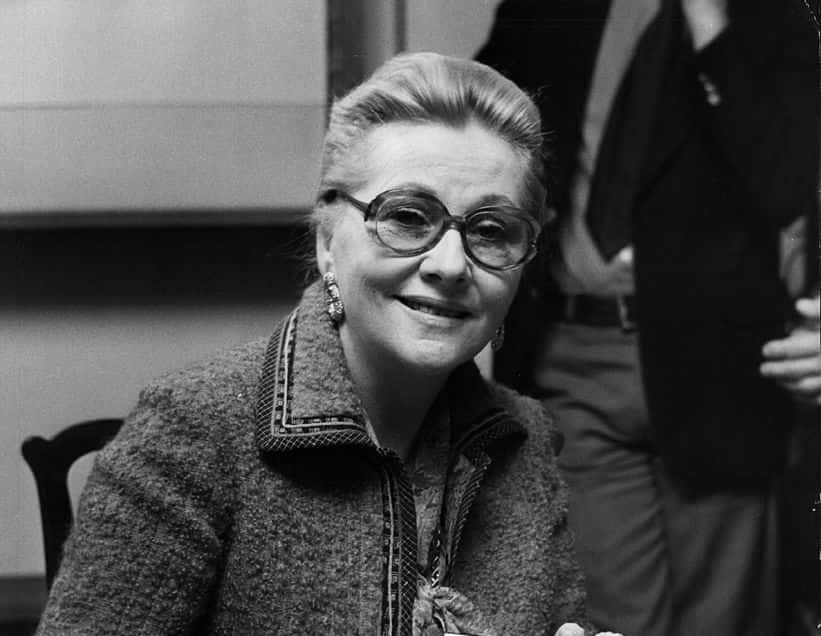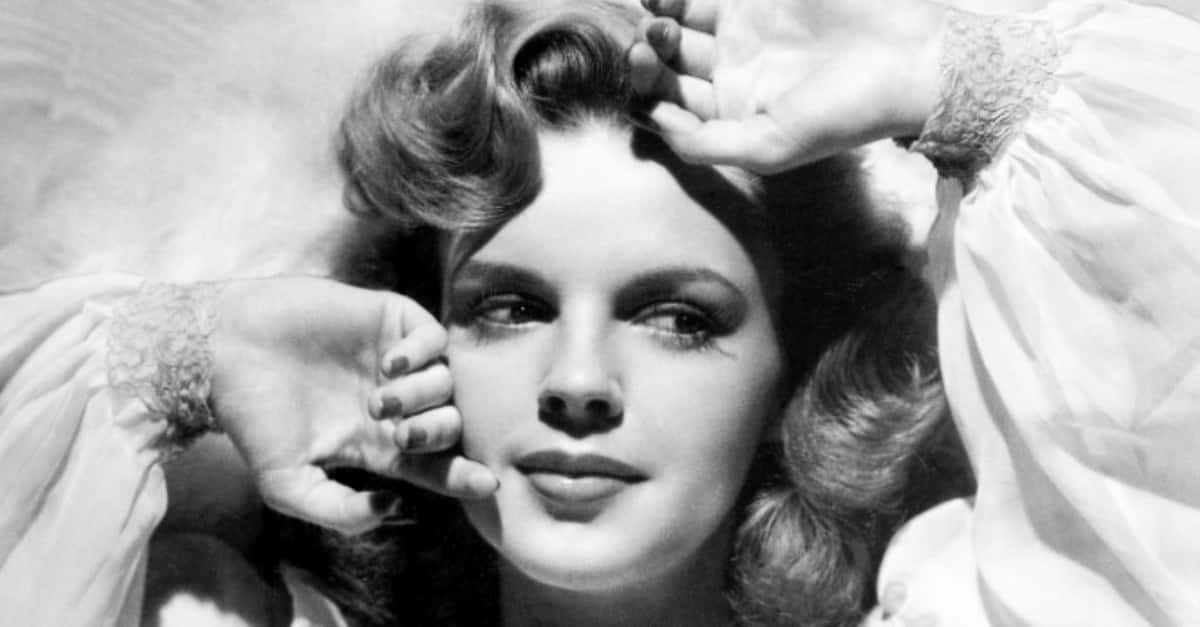It’s safe to say that most if not all of the big stars of Classical Hollywood’s Golden Age are long dead, but a few still linger on as of April 2019. One of those people is Olivia de Havilland, who might become 103 this year! Many people reading this probably aren’t old enough to remember, but de Havilland is a literal living legend of a bygone era in the history of American film. So, if you’re one of those people who looks at her name in confusion, here are 42 facts about de Havilland’s life and legacy.
1. Thanks, Bard
Reportedly, de Havilland got her first name from the character Olivia in William Shakespeare’s play Twelfth Night. She herself would go on to act in several Shakespearean plays on stage and on screen, but Twelfth Night wasn’t one of them.
2. Born Abroad
Born in Tokyo on July 1, 1916, de Havilland was automatically a citizen of the UK, as a child of British parents. Her father was an English professor working in Japan, while her mother was a stage actress.
3. And Introducing…
The first feature film in which de Havilland performed was A Midsummer Night’s Dream, a 1935 film adaptation of the play by William Shakespeare. At the time, de Havilland was set on becoming a teacher, but she caught the eye of Hollywood director Max Reinhardt when he happened to see her perform as the character Puck in a community theater version of the aforementioned play. Reinhardt was so convinced of de Havilland’s talent that he made her the second understudy to the role of Hermia of his film production. When the first two choices for Hermia dropped out, de Havilland got her first film role.
4. Is That Distant Enough?
Some of de Havilland’s most famous films involved her portraying the love interest of characters played by acclaimed star Errol Flynn. The two of them made no fewer than eight films together during their careers. It also turns out that de Havilland was very distantly related to Flynn; she was his 15th cousin twice removed.
5. Squabbling Siblings
Less than two years after de Havilland’s birth, her sister Joan was born. Joan would take her mother’s maiden name for her own stage name, becoming known as Joan Fontaine. The two sisters would both go into the acting industry and become bitter rivals.
6. Starting Strong
The first film contract which de Havilland signed with Warner Bros. in 1934 paid her $200 per week. Translated into 2019 currency, her contract would be worth roughly $3,800 per week!
7. From the Ashes Rises the Phoenix
Despite the critical acclaim and award nominations, de Havilland’s first film was a box office disappointment. Prior to the release of A Midsummer Night’s Dream, Warner Bros. mounted a rigorous publicity campaign to drum up support and attention for the film. However, their efforts were for naught. As for de Havilland, she received the lion’s share of critical support, leading to further film roles.
8. Well, This Was Fun
The final film collaboration between de Havilland and Errol Flynn was the 1941 historical drama They Died with Their Boots On.
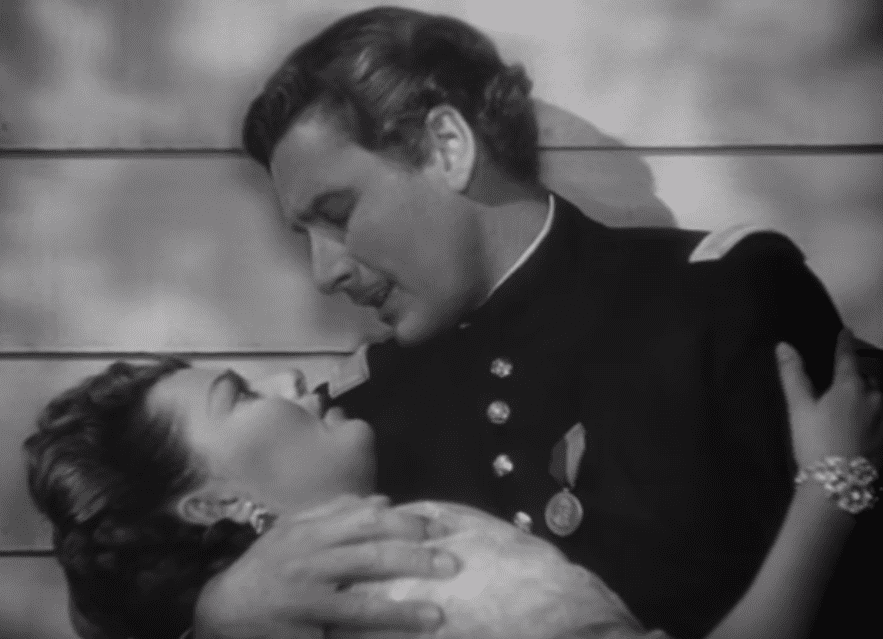 They Died With Their Boots On, Warner Bros. Pictures
They Died With Their Boots On, Warner Bros. Pictures
9. Thanks to Moral Outrage
The role of Maid Marian in The Adventures of Robin Hood was only given to de Havilland when the original actress cast in the film became pregnant out of wedlock. This was, of course, back in the day when such a thing could cost someone their job in Hollywood.
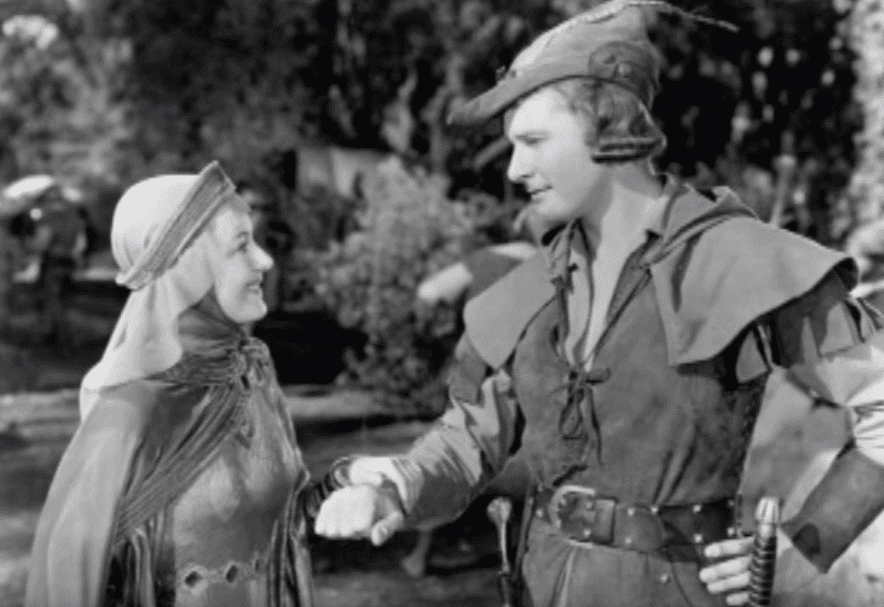 The adventures of RobinHood, Warner Bros. Pictures
The adventures of RobinHood, Warner Bros. Pictures

History's most fascinating stories and darkest secrets, delivered to your inbox daily.
10. Maybe Call Errol Back?
Originally, there was a plan to reunite de Havilland with Errol Flynn for the 1949 film The Heiress. However, Montgomery Clift was considered a more fitting choice due to his more nuanced acting, compared to Flynn’s bombastic style. This was unfortunate for de Havilland, however, as Clift was contemptuous of de Havilland’s acting talents and the two didn’t have a good relationship on set.
11. Spoiler Alert for a Movie Made in 1938
In April 2019, de Havilland was the only surviving member of the cast of Gone with the Wind. Despite a cast with over 50 speaking parts, she managed to survive all of them. Ironically, de Havilland’s character in the movie is the only one of the main characters to die in the film.
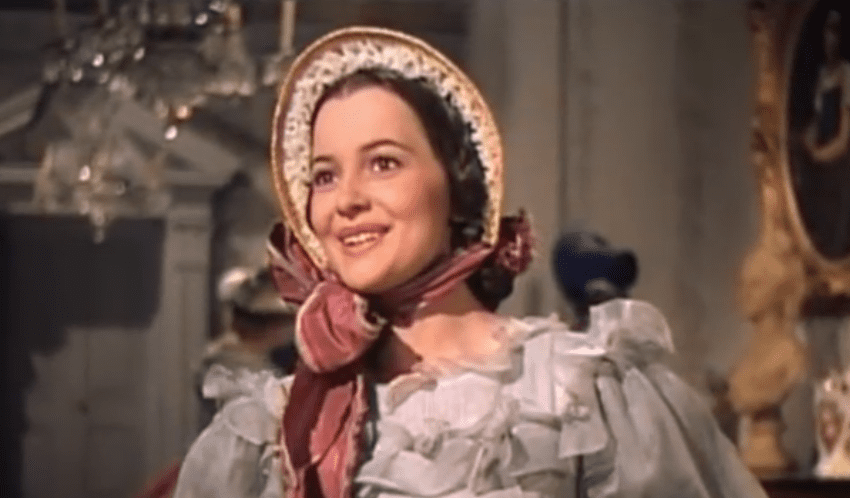 Gone With the Wind,Metro-Goldwyn-Mayer Studios Inc.
Gone With the Wind,Metro-Goldwyn-Mayer Studios Inc.
12. Surprise Success
The film which catapulted de Havilland into stardom was the swashbuckling adventure flick Captain Blood. Warner Bros. was very hesitant to make a period piece during the Great Depression, but in 1935, they took a chance on the demeanor and good looks of de Havilland and her co-star, the virtually unknown Errol Flynn. Captain Blood proved to be a financial triumph, grossing nearly three times its budget.
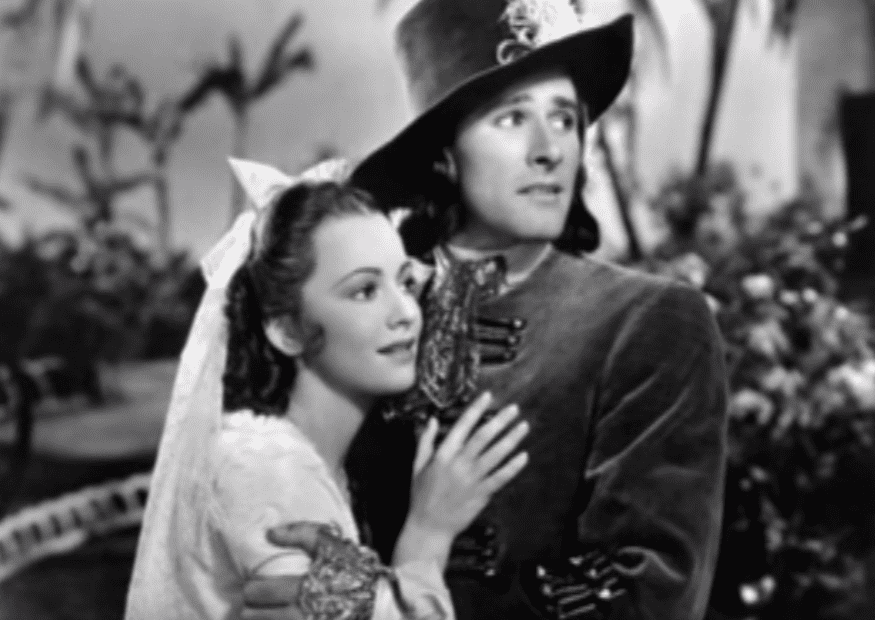 Captain Blood,Warner Bros. Pictures
Captain Blood,Warner Bros. Pictures
13. Reach That Centennial!
Of all the actors who have won Academy Awards for their craft, de Havilland is the third to reach the milestone of living to see her 100th birthday. The first two were Luise Rainer and George Burns. When de Havilland was asked what she credited for her incredibly long life, she talked about what she called the “three L’s.” These stood for “love, laughter, and learning.”
14. Who was the Better Custer?
Twice in her career, de Havilland portrayed the love interest to the historical figure George Armstrong Custer. The first time was in Santa Fe Trail, with Custer being played by Ronald Reagan. The second occasion was for the film They Died with Their Boots On, with Errol Flynn portraying Custer.
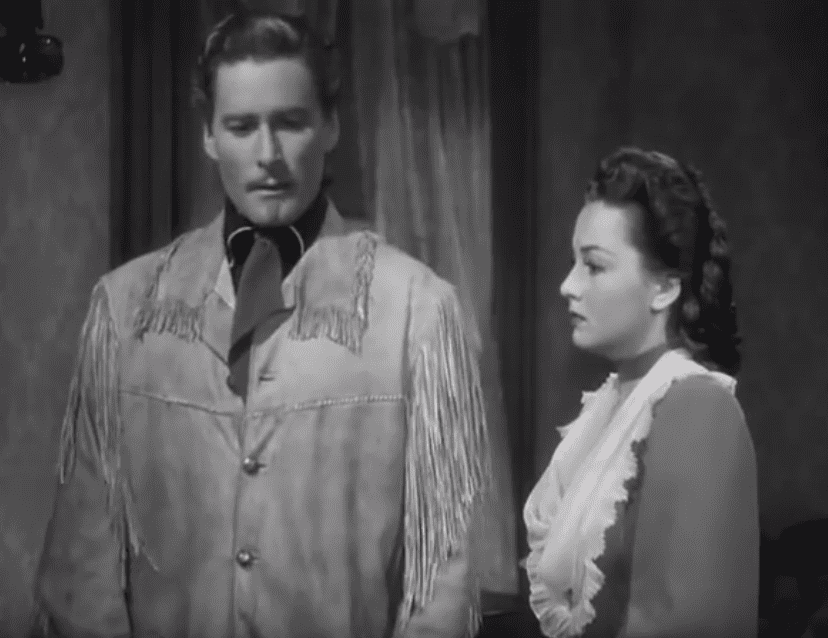 They Died With Their Boots On, Warner Bros. Pictures
They Died With Their Boots On, Warner Bros. Pictures
15. From One Sister to Another
Speaking of the repeat casting, de Havilland almost didn’t get to play the part of Libby Bacon in They Died with Their Boots On. That role was initially offered to her sister, Joan Fontaine. It was only after Fontaine turned the role down that de Havilland got the part.
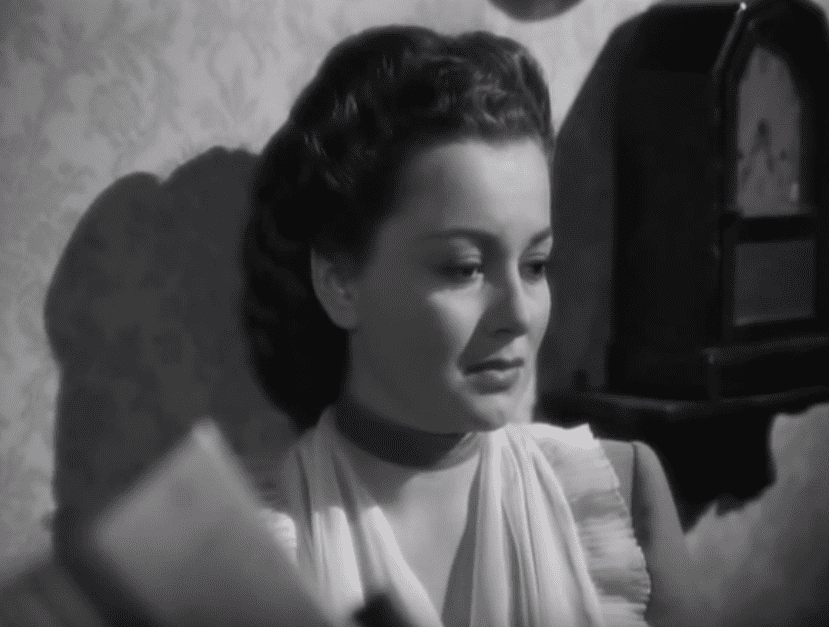 They Died With Their Boots On, Warner Bros. Pictures
They Died With Their Boots On, Warner Bros. Pictures
16. Somebody Has to be First
In 1965, de Havilland served as the president of the jury at the Cannes Film Festival. She was the first woman to ever hold that title.
17. Pinching’s Close to Childbirth, Right?
Known for her thorough researching, de Havilland prepared for her childbirth scene in Gone with the Wind by visiting a maternity ward and interviewing several new mothers on how they got through the experience. She also had her director pinch her toes during filming so that she’d feel some genuine pain during her scene. Of course, we can only imagine how many eye-rolls this idea of genuine pain got from any mothers reading this.
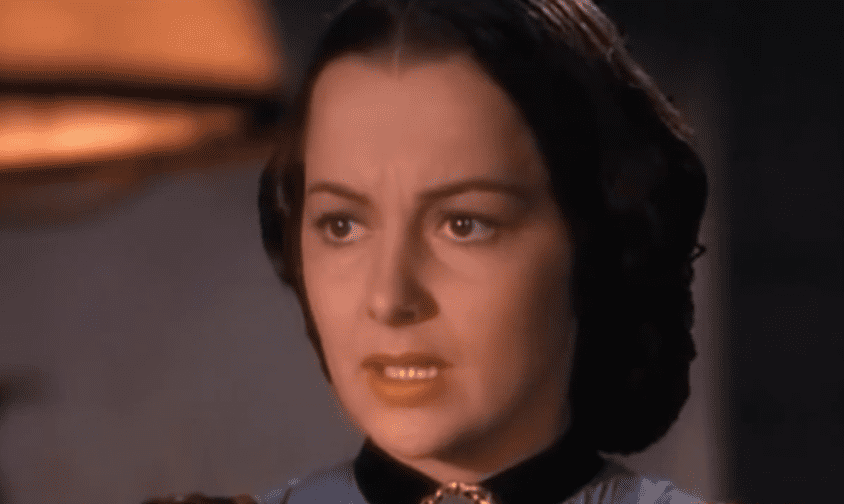 Gone With the Wind,Metro-Goldwyn-Mayer Studios Inc.
Gone With the Wind,Metro-Goldwyn-Mayer Studios Inc.
18. I Want to Break Free!
While playing “the girl” made her career, de Havilland grew sick of it soon enough. She spent her entire career trying to break out of the corner that she’d been pushed into, to the point where her working relationship with Flynn ended after They Died with Their Boots On. Flynn himself acknowledged that de Havilland “badly wanted a few good roles to show herself and the world that she was a fine actress.”
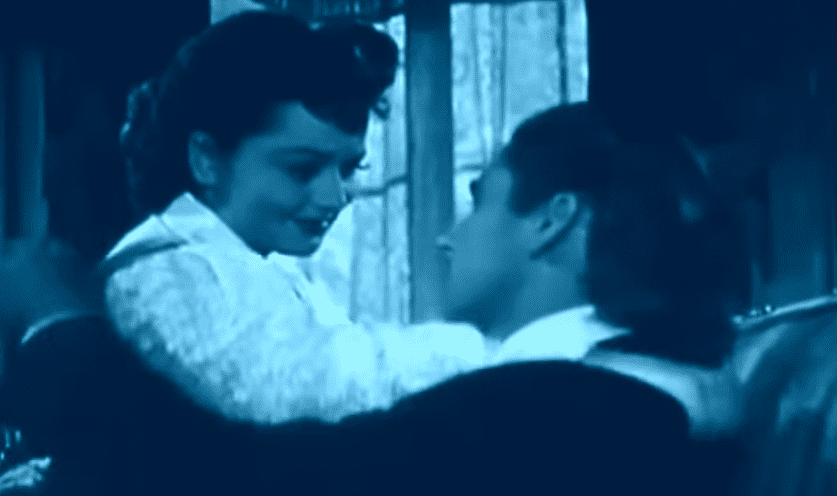 They Died With Their Boots On, Warner Bros. Pictures
They Died With Their Boots On, Warner Bros. Pictures
19. I’ll Take Them, Joan
Over the course of her career, de Havilland took three roles originally given to Joan Crawford, one of her contemporaries. In the cases of those three films, Crawford either walked away from the production or else became ill at the last minute. The films in question were Hush…Hush, Sweet Charlotte, Lady in a Cage, and Airport ’77.
20. No Thanks
Despite all the famous and successful films that she portrayed, de Havilland is known to have turned down several film roles that would later become classics. Among these films were The Towering Inferno, It’s a Wonderful Life, and A Streetcar Named Desire.
21. Mixing Work and Romance
In 1942, de Havilland appeared in the film In This Our Life, which was the second film that legendary filmmaker John Huston directed (his first being The Maltese Falcon). While they worked on the film together, de Havilland and Huston began an affair that lasted for three years. In fact, Huston was largely motivated to make this film in the first place so that he had an excuse to spend lots of time with de Havilland.
22. Crazy Timing
On November 28, 1941, de Havilland’s American citizenship was finalized. Just 10 days later, the US entered the Second World War.
23. Descended from Conquerors
As accomplished as de Havilland’s family already seems, her family history doesn’t lack for prestige or prominence in history. One of de Havilland’s ancestors was the Lord of Haverland in Normandy. This lord would sail to England in 1066, better known as the famous year that William the Conqueror took the throne of England for his own. Rather ironically, de Havilland would act in The Adventures of Robin Hood, whose hero is a Saxon knight fighting against a royal class descended from the invading Norman army.
24. Pretty Please?
When de Havilland heard about Gone with the Wind being made into a film, she was still working with Warner Bros.—but the film was an MGM production. Such was her determination to act in that film that she reached out to the wife of Jack L. Warner, her boss. Together, the two women persuaded Warner to “lend” de Havilland to MGM for Gone with the Wind.
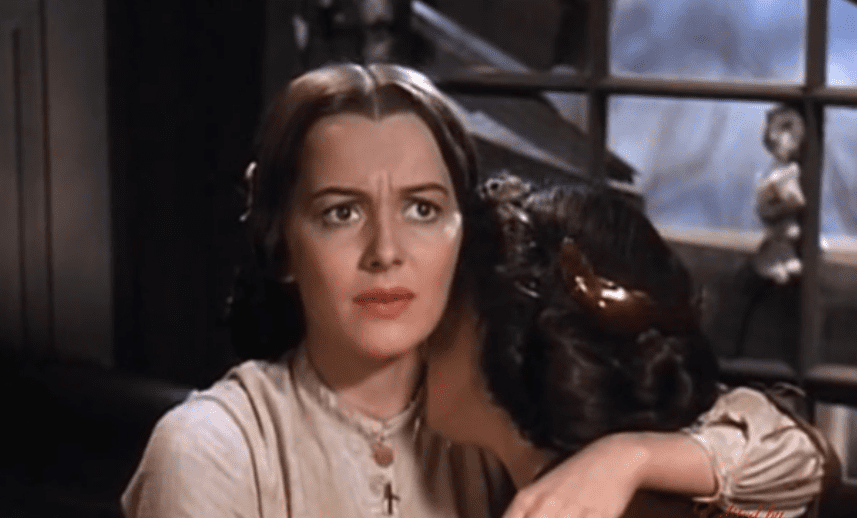 Gone With the Wind,Metro-Goldwyn-Mayer Studios Inc.
Gone With the Wind,Metro-Goldwyn-Mayer Studios Inc.
25. Last Call
The final feature film in de Havilland’s career was the 1979 swashbuckling film The Fifth Musketeer, where she portrayed the Queen Mother of Louis XIV (played by Beau Bridges).
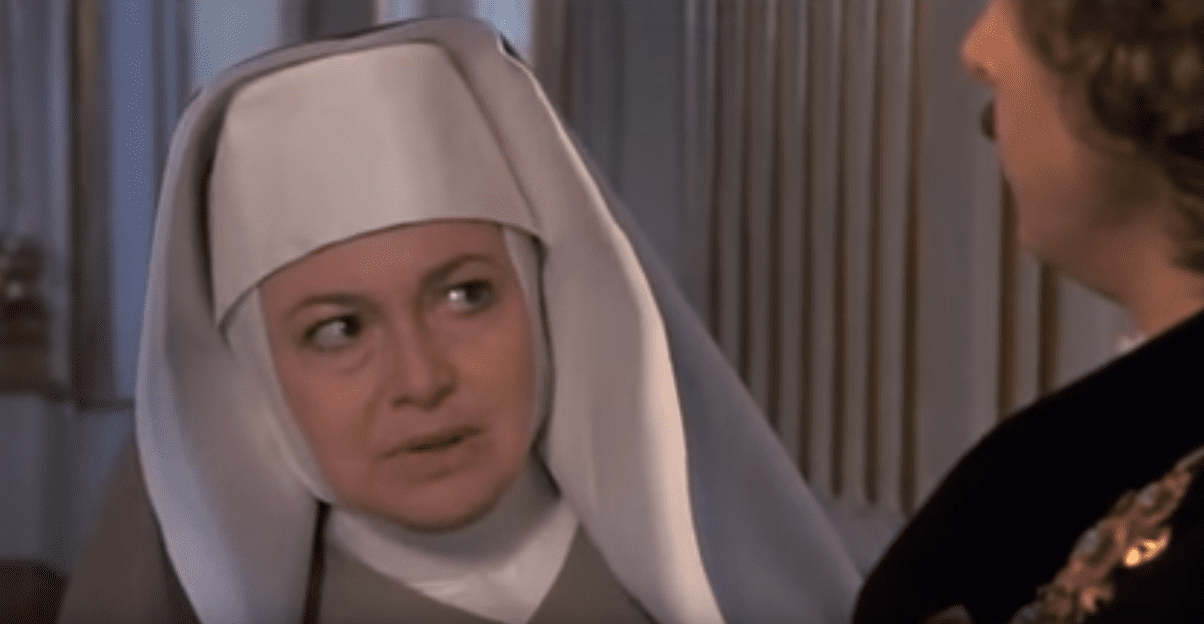 The Fifth Musketeer, Columbia Pictures
The Fifth Musketeer, Columbia Pictures
26. Celebrity Couples
Throughout her long life, de Havilland was connected with a number of famous faces on a romantic level. These including famous leading man James Stewart and eccentric mogul Howard Hughes.
27. I Ain’t Too Old for This!
Believe it or not, de Havilland was set to appear in a feature film while she was in her mid-90s. In 2010, she planned to act in a film adaptation of the book The Aspern Papers. It would have been de Havilland’s first film after 22 years. Unfortunately, the project fell through, and de Havilland has yet to come out of retirement.
28. Did I Leave Someone Out?
In 1947, de Havilland won an Oscar for her performance in the film To Each His Own. During her acceptance speech, de Havilland thanked a remarkable 27 people for her victory. This continues to be a record for Oscar acceptance speeches—especially since the Academy aims to shuffle the winners offstage after a minute or so.
29. Nobody Can Say I Didn’t Do It
In 1951, de Havilland achieved a personal ambition of hers by playing Juliet in a major New York stage production of Romeo and Juliet. At the time, of course, she was 35 years old, which led to a lot of audience members to question whether de Havilland was too old for the role. The play opened at the Broadhurst Theatre and closed after just 45 performances. On the plus side, at least de Havilland got to scratch something off her bucket list!
30. Upper Echelon
Three of de Havilland’s films (Gone with the Wind, The Heiress, and The Adventures of Robin Hood) are recognized by the Library of Congress as “culturally, historically, or aesthetically” significant. As a result, they are being preserved by the National Film Registry.
31. Please Keep Directing Us!
The original director of Gone with the Wind was George Cukor. However, he was let go from the production for several alleged reasons. One of those reasons was because producer David O. Selznick was convinced that Cukor wouldn’t be able to direct Rhett and Scarlett’s love scene because he was gay. Unbeknownst to Selznick, de Havilland and Vivien Leigh both continued to meet with Cukor on their weekends off so he could continue coaching them.
32. Better Than None!
Over the course of her career, de Havilland acted in eight films that were nominated for Best Picture. These films were Gone with the Wind, The Adventures of Robin Hood, Anthony Adverse, Hold Back the Dawn, The Heiress, The Snake Pit, A Midsummer Night’s Dream, and Captain Blood. Gone with the Wind was the only one which actually won Best Picture.
33. Congratulations?
In the history of the Academy Awards, the only instance that sisters have both won Oscars was when de Havilland and her sister, Joan Fontaine, won Oscars during their careers. They also made Oscar history by both being nominated in the same year (1942). Of course, when Fontaine won, it was just another chance for the sisters’ rivalry to get uglier.
34. Aged Accolade
In 2017, de Havilland was awarded the title of Dame Commander of the Order of the British Empire. Nearly 101 at this point, de Havilland was the oldest woman to ever receive that honor from the British monarchy.
35. For the Cause
During the Second World War, de Havilland actively participated in a three-week tour of the country to sell war bonds. After that, she traveled to Alaska and the South Pacific to visit injured soldiers, often on the battlefronts of the war. This earned her a great deal of respect amongst the troops and the American populace.
36. Oh, How We Chortled
During the filming of Gone with the Wind, de Havilland became known for her dark sense of humor. In one scene, the character of Rhett carries de Havilland’s character Melanie out to a carriage so she can flee Atlanta during Sherman’s siege of the city. During one of the takes, when Clark Gable tried to pick de Havilland up, she had herself secured to the set without Gable knowing. We can only assume how much he laughed when he learned about the prank, at least once he’d gotten over the fact that he nearly threw out his back!
37. Three’s a Crowd
The marriage between de Havilland’s parents was reportedly contentious and unpleasant. This was largely due to the extramarital affairs of de Havilland’s father, Walter. When de Havilland was a child, the family relocated to Saratoga, California, but her father would abandon the family and return to Japan. He would later divorce his first wife to marry his housekeeper.
38. Silver Screen Classic
In the 1960s, de Havilland transitioned from film to television. Her first venture into this medium was a TV Western movie titled Noon Wine. Co-starring de Havilland and Jason Robards, Noon Wine was critically lauded on all fronts. Robards considered the project to be one of his favorites, while the Library of Congress keeps a copy of it within their collection.
39. Not Cool, Dude
Despite the positive reviews that she would eventually earn for her performance in Noon Wine, de Havilland faced harsh criticism from her writer and director, Sam Peckinpah. During production, Peckinpah was dissatisfied with de Havilland’s performance during the final sequence of the film. Finally, he declared a wrap, but then confronted de Havilland and cruelly insulted her acting talents. Her subsequent reaction was secretly recorded and used by Peckinpah for the finished project.
40. For the Role
In The Snake Pit, de Havilland portrays a character who has been committed to an asylum against her will and without her knowledge. To properly portray a woman who is kept in such conditions, de Havilland not only dieted to make herself underweight, she also shirked hairdressers and bras for her scenes in the asylum. Prior to shooting, de Havilland had also gone to several institutions to witness firsthand the treatment of patients.
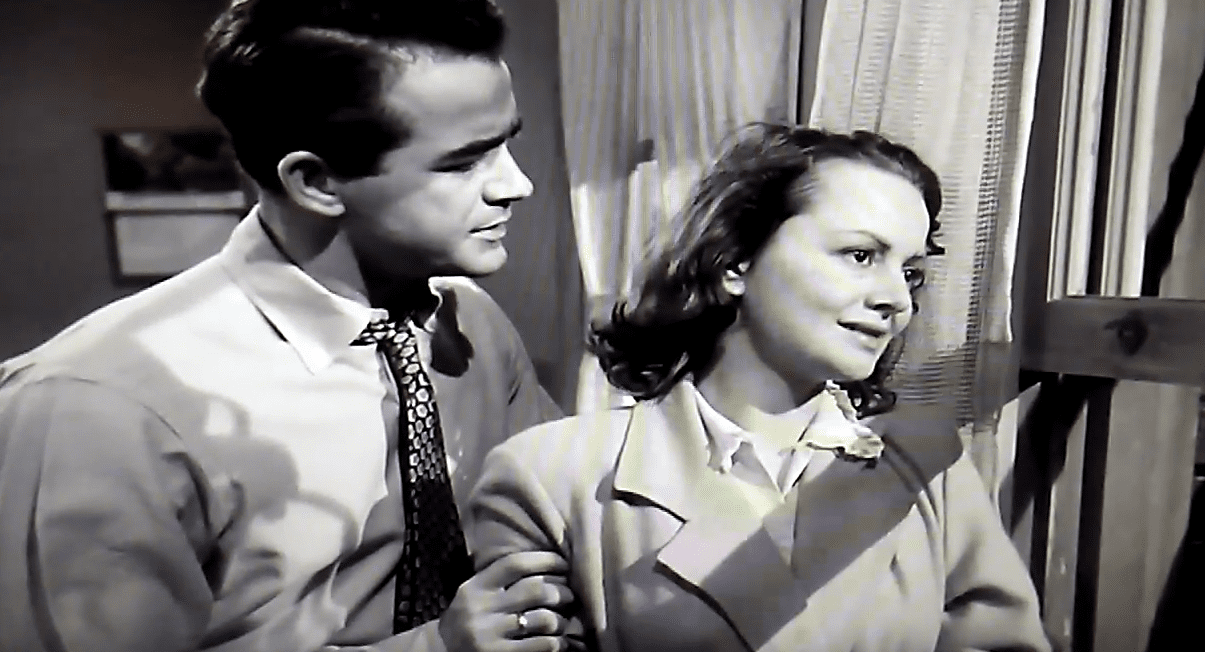 The Snake Pit, 20th Century Fox
The Snake Pit, 20th Century Fox
41. Ground-Breaking Film
Aside from being another triumphant notch in her acting belt, de Havilland’s The Snake Pit also changed things on a much larger scale. The harrowing portrayal of asylum patients led to 13 different American states to change the law about how mental patients were treated in such institutions.
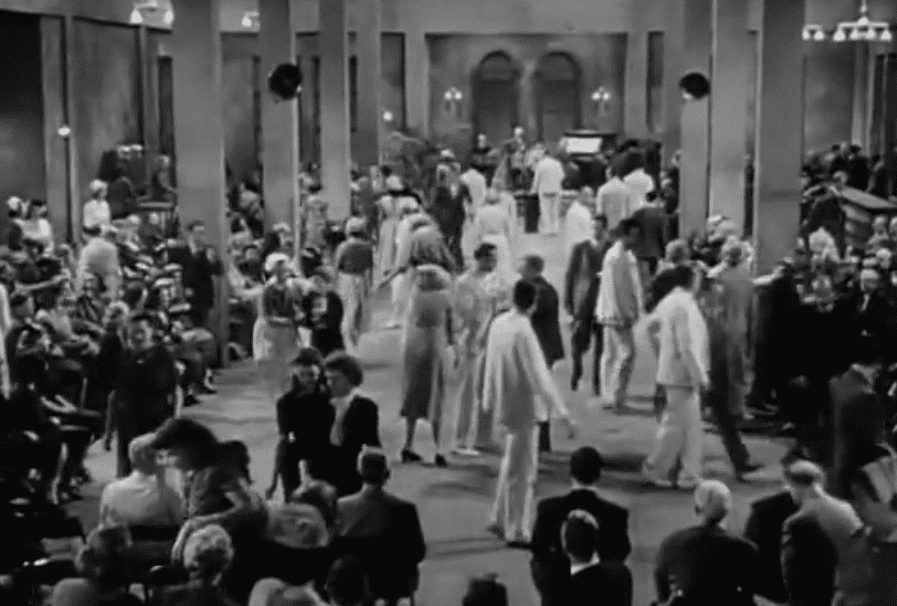 The Snake Pit, 20th Century Fox
The Snake Pit, 20th Century Fox
42. Some People Won’t Get Along
One of the most famous stories revolving around de Havilland was her intense rivalry with her younger sister, Joan Fontaine. Beginning in childhood, the two sisters vied for their mother’s favor (who didn’t help matters by favoring de Havilland). This rivalry continued for the rest of their lives, getting worse over Oscar competition, and arguments over their mother’s cancer treatment.
When Fontaine attempted to congratulate her sister on her 1946 Oscar win, de Havilland’s reaction was utterly cold-blooded. As Fontaine extended her hand, de Havilland turned away. The pair didn’t speak for five years after the public snub, and continued to feud for the rest of Fontaine’s life.
Sources: 1, 2, 3, 4, 5, 6, 7, 8, 9, 10, 11, 12, 13, 14, 15, 16, 17

